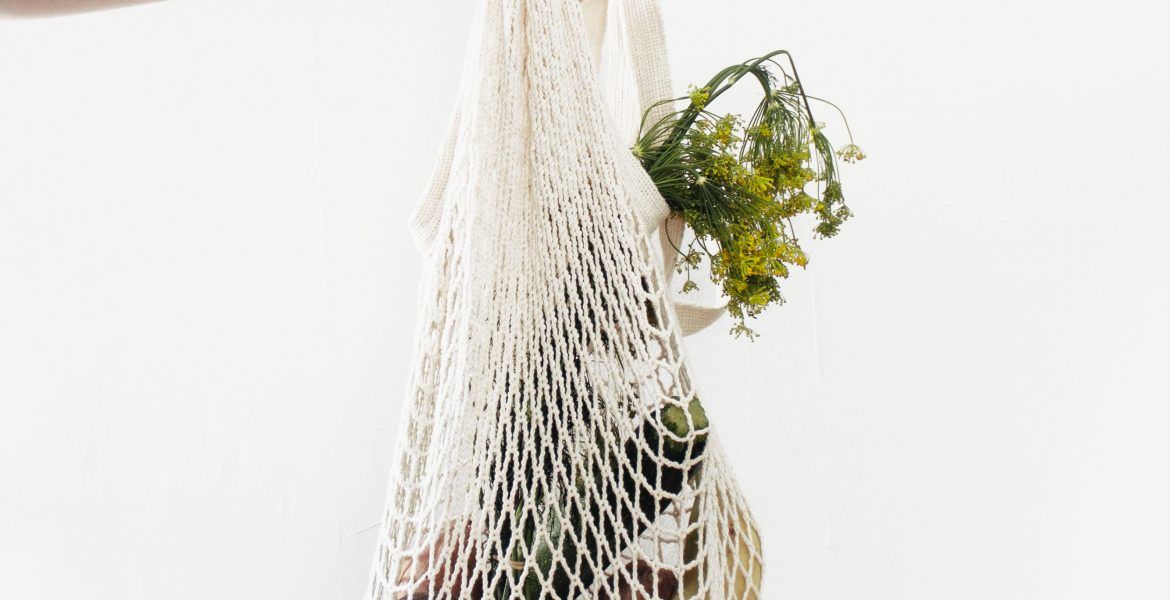Single use plastic are the not-so-hot buzzwords of our generation. And it seems, finally, our governments and consumers are listening. From June 1st 2022, bans on single use plastic items such as bags and cutlery will be introduced in Australia.
Fortunately, there are plenty of alternatives to single use plastic you can implement today to reduce your plastic and waste consumption.
Change how you buy your groceries
Supermarkets are basically a sea of plastic. A simple way to find alternatives to single use plastic when buying groceries is to purchase from plastic-free grocery stores, like The Source Bulk Foods. The Source was born in 2012 from the belief that unpackaged food should be easier to access and a smaller carbon footprint could be achieved every time you shop.
They have sprouted new stores, from Mullumbimby to Balmain. Today, they are the largest specialised bulk food retailer in Australia.
Say no to plastic straws
Here’s another crazy stat for you: Australians somehow use 10 million plastic straws daily. So start small and consider alternatives to single use plastic straws.
When dining out, let the bartender or your server know that you don’t need a plastic straw with your drink. If you can’t resist sipping without a straw, then consider purchasing a reusable stainless steel straw. Many independent Australian companies sell reusable straws in a travel pouch or container, so you can conveniently whip it out of your handbag or briefcase at the next happy hour.
Be ready with reusable drink storage
One of the simplest alternatives to single use plastic is to always carry a reusable water bottle. But don’t just stop there. Grab your daily cup of coffee in a reusable cup as well. Founded in Melbourne, KeepCup and Frank Green are two great companies producing stylish reusable coffee cups. You can even design your own KeepCup, if that’s more your style. It would also make a great birthday present! Plus, many coffee shops actually offer a discount when you bring your own cup. That’ll make your morning coffee taste even better.
Baskets for the win
If you can’t make it to a bulk food store, be prepared with a canvas bag or basket. There are so many stylish reusable bags available these days, as well as foldable styles that can conveniently fit in your pocket or handbag (next to your straw, of course). Online retailer, French Knot makes handmade shopping baskets made from palm leaves. Our oceans will be thanking you for having your reusable bag at the ready.
Swap out your food storage
Instead of storing your food in plastic containers or wrapping it in cling wrap, choose glass containers and beeswax wraps. Store leftovers and dry goods in glass jars or containers. As for beeswax wraps, they’ve definitely risen in popularity over the last year, and rightly so. The reusable wraps can be used for anything, including blocks of cheese (handy for that weekend cheese platter), sandwiches and to cover vegetables. Try a beeswax wrap and you’ll never go back. Check out Wrappa, who handcraft their wraps in South Australia.
Limit the plastic in your bathroom
Besides the kitchen, you’re guaranteed to find a lot of plastic and waste consumption in your bathroom. If you’re not ready to start making your own toothpaste, or ditching your favourite moisturiser, there are fortunately other ways to cut your plastic use. Try swapping your plastic toothbrush for the bamboo variety, choosing natural soap bars free from packaging, buying a reusable safety razor or using dental floss made of silk. In fact, there are loads of ethically sourced, earth-friendly alternatives to most of your household items. If you’re feeling crafty and looking for a weekend project, there are plenty of DIY videos available on YouTube.
There you have it – simple hacks to reduce your plastic and waste consumption. These small steps add up, one by one, tick these off your list as your pledge to our planet and you’ll be on your way to a plastic free lifestyle in no time.
Need more inspiration?
This Weekend is a lifestyle guide for sustainably-minded folk. We create stories for good so you can live sustainably, without compromising the things you love.
Check out more practical guides on sustainable living, slow travel, sustainable dining, conscious brands, wellness essentials, and more.






